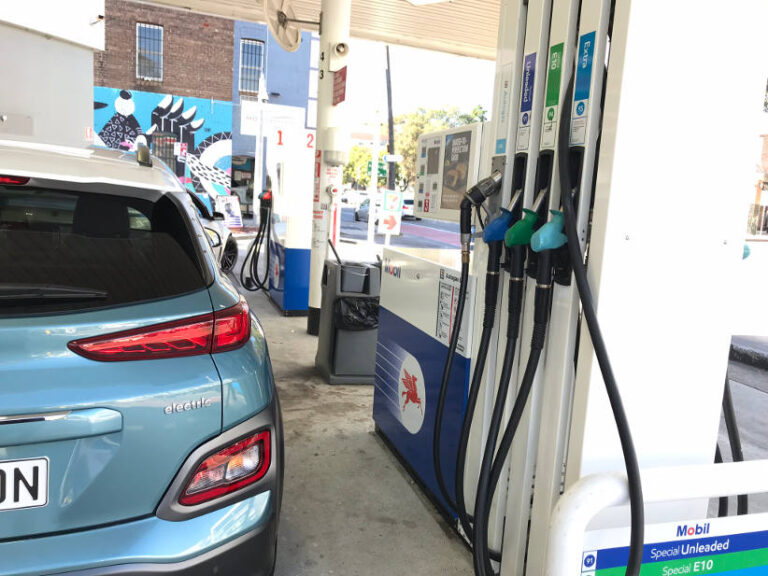– By Caroline Falls –
One of the most talked about topics at the AfMA 2019 fleet management conference was EVs.
Marc Odinius, managing director of German-based fleet data group Dataforce, said EVs are here to stay. “It’s not going away,” said Odinius, adding, “A lot of manufacturers are producing new vehicles. We will see a huge increase in the offering to choose from among alternative fuel vehicles.”
For full EV success the total cost of ownership has to make sense, said Johan Verbois, former head of fleet for Toyota Europe, and now founder and director of Belgium-based fleet consultancy 5S Consulting. And, he said, as prices for new EVs come down, that will happen.
Verbois also talked about remarketing of used EVs. He said incentives applied to the EV market should cut across both new and used markets.
Verbois said he’s not concerned about the supply of electricity or its environmental credentials. “That will come, it’s an evolution,” he said, adding, “I’m not negative that it won’t happen. It will happen.”
Car manufacturers in Europe are expanding production of EVs rapidly, helping fill a shift away from diesel, said Verbois. It’s working from a consumer point of view too because he said people love to drive EVs.
Mark Cameron, regional director at Melbourne-based electric drivetrain maker SEA Electrics said leaps in battery technology in recent years is propelling take up of electric drivetrains in commercial vehicles, including trucks.
“Battery density has increased 56 percent in the last 18 months,” said Cameron, noting battery weight was no longer a concern. SEA Electrics has seven models, suitable for trucks bodies from 4 tonnes to 26 tonnes.
“The model is good for metropolitan and back to base operations, 200-300 kms a day and back onto charge,” said Cameron. SEA is working with OEMs including Hino, Isuzu and Iveco.
“The great part is it’s here and now,” he said. And it’s working for many customers, including Cleanaway. SEA has built a niche market, and thanks an agility that big automakers heavily invested in diesel technology don’t have.
Meanwhile, in New Zealand, a privately held waste company engineered its own electric garbage truck. Fran de Sanary, national transport and risk manager at Envirowaste, shared the stage with Cameron in a side session on Commercial EVs at the AfMA conference, and said his company’s corporate values align with safety and quality of the environment.
“We recognise in the waste industry there’s a lot of synergies with EVs,” said de Sanary. Envirowaste runs waste trucks and traditional diesel engines are noisy (a problem with 4am garbage runs) and dirty, compared with an EV. He said he believed EVs were safer and cheaper to operate.
The truck de Sanary built has a lot of demands on it. “We run 150 kms a day on a normal route, lift and empty and cart thousands of bins. We have to drive, we also have to compact it, and to tip it out.”
The vehicle body was developed with Superior Pak in Brisbane, Queensland, and the electric drive engine with SEA Electric, in Dandenong, Victoria. Envirowaste NZ’s electric truck is fitted with telematics and provides vehicle data to Superior Pack and SEA.






